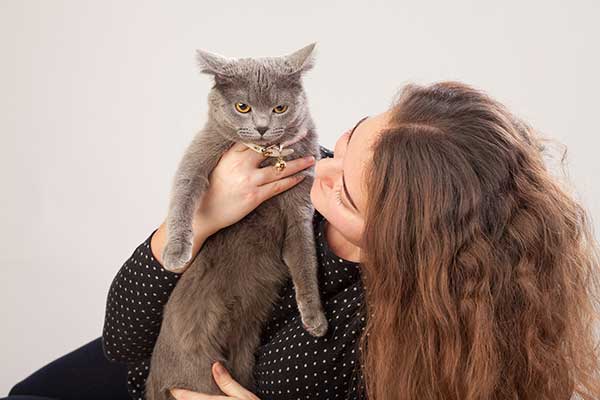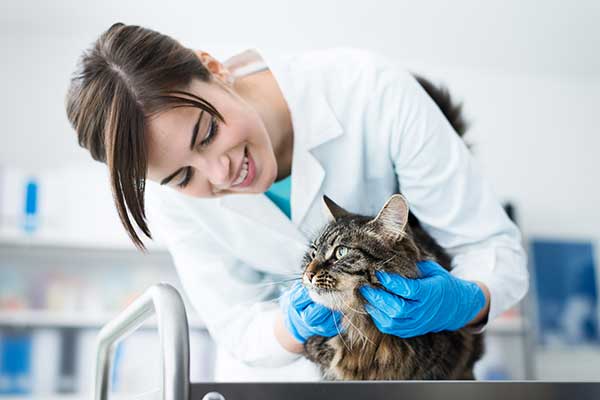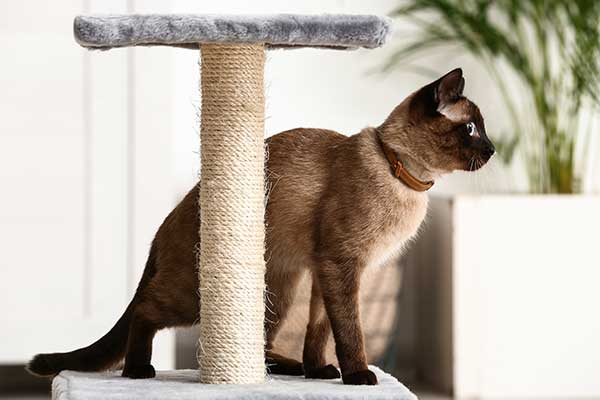(Family Features) Whether it’s their endless entertaining antics around the house or a quick cuddle on the couch, cats give their owners constant reasons to love them. For all the love and enjoyment they bring, it’s important to keep them happy and healthy, and there are many ways to help ensure cats live healthy lifestyles.
Consider these tips and tricks from IAMS™ pet food to help keep your feline companion healthy, and find more information at IAMS.com/cat-care.

Keep a Clean Litter Box
Maintaining a clean litter box is key for keeping both your cat and your living area clean and sanitary. Be sure to scoop each box at least once a day and periodically wash it to avoid any leftover bacteria that could make you or your cat sick. Cleaning regularly could also help you notice any changes in your cat’s urine or stool, which could indicate health issues. Additionally, if there are multiple cats at home, make sure they each have their own litter box to prevent overcrowding.

Check for C.A.T.S.: Coat, Appetite, Temperament and Size
The C.A.T.S. system, created by the IAMS brand, is an easy way to remember to check for four key indicators of a healthy cat: coat, appetite, temperament and size. While every cat’s coat is unique, a typical healthy coat is shiny with skin with no signs of dryness and minimal dander. A cat that exhibits a healthy appetite will graze on small, frequent meals, mimicking natural hunting behavior with infrequent hairballs or vomiting. To help satisfy the “appetite” part of the C.A.T.S. system, look for a nutritious cat food that offers tailored nutrition based on your cat’s age or special dietary needs, such as IAMS cat food. Regular sleeping hours mixed with energy levels and playfulness are good indications of a healthy temperament. Checking a cat’s size means more than just over or underweight; check for a little layer of padding over his or her ribs with a similar feel to the back of a human hand.

Spay or Neuter
Altering your cat through spaying or neutering can have a positive long-term impact on his or her health, while simultaneously avoiding unnecessary risks. According to the WALTHAM™ pocket book of responsible pet ownership, females who are spayed before 6 months of age have a 91% reduction in the risk of certain cancers and, in both sexes, early neutering has been associated with reduced occurrence of hyperactivity, asthma and gingivitis.

Provide Exercise Opportunities
Just like humans, exercise is critical for a healthy feline lifestyle. Set up designated play time to encourage activity with toys to help keep him or her engaged and active. Try placing scratching posts throughout the house in a variety of locations to encourage regular scratching and stretching. A lack of exercise and boredom can lead to physical and emotional stress for your feline friend, so providing opportunities for exercise can help keep your cat happy and healthy.
Photos courtesy of Adobe Stock







